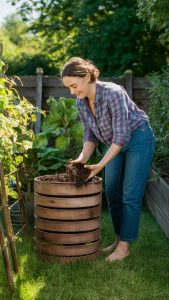Composting is one of the most beneficial things you can do for your garden and the environment. By breaking down organic materials, compost creates a nutrient-rich soil amendment that feeds your plants. The three techniques below are easy ways anyone can start composting and see results.
3 Compost Techniques Everyone Should Know
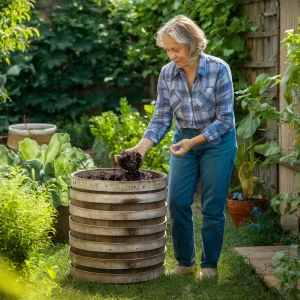
Bin Composting
A compost bin is a simple, contained way to compost kitchen and garden scraps right in your backyard. All you need is a bin, browns and greens, and time. Bins come in various styles, from DIY wooden structures to plastic tumblers.
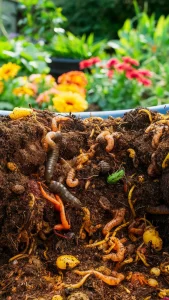
Add browns like dried leaves, straw, or shredded paper for carbon. Then add greens like fresh grass clippings, vegetable scraps, or coffee grounds for nitrogen. Alternate layers of browns and greens to aerate the pile.
Keep the bin moist by watering as needed. Turn or mix the pile weekly with a pitchfork to introduce oxygen for microbes to break down materials. In 4-6 months, you’ll have rich compost to add to the soil. Bins make composting clean and contained.
Pile Composting
For a more hands-off approach, try pile composting. Simply choose a dry spot in your yard and build a 3x3x3-foot pile of browns and greens. No bin is needed; just use stakes to contain it if desired.
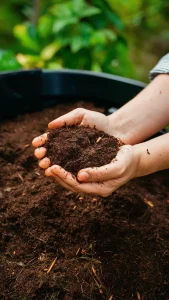
The pile will still need occasional turning or mixing, but not as frequently as a bin. Piles are best for large amounts of materials like fall leaves. Come spring, you’ll have fully decomposed compost. Piles produce less at once but are lower maintenance.
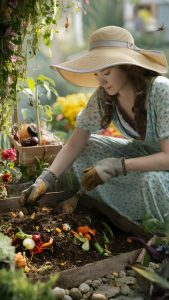
Worm Bin Composting
If space is limited or you want a composting project for kids, consider a worm bin. Use a plastic storage bin or a purchased worm bin. Add a 1-2-inch layer of damp shredded paper or coir bedding for worms to live in.
Introduce red wiggler worms and provide kitchen scraps high in protein for them to eat. Worms turn food into nutrient-rich castings within their bin. Harvest castings to use in potting soils or directly in gardens. Worm bins produce rich compost year-round with minimal work.
Final Thoughts
No matter which technique you choose, composting is one of the most beneficial things you can do for your soil and the environment. Give one of these methods a try to naturally recycle organic materials into a valuable soil amendment your plants will love. With composting, everyone wins, including Mother Earth.
